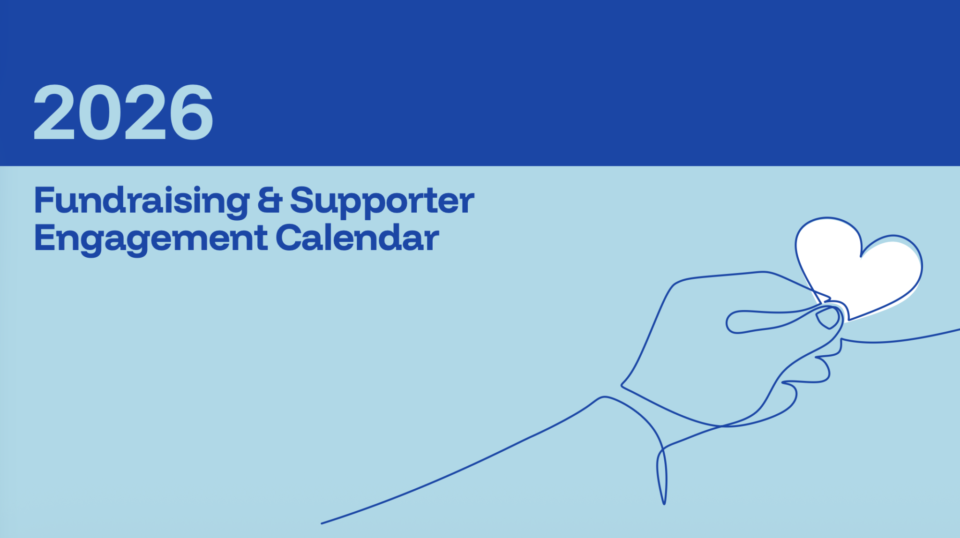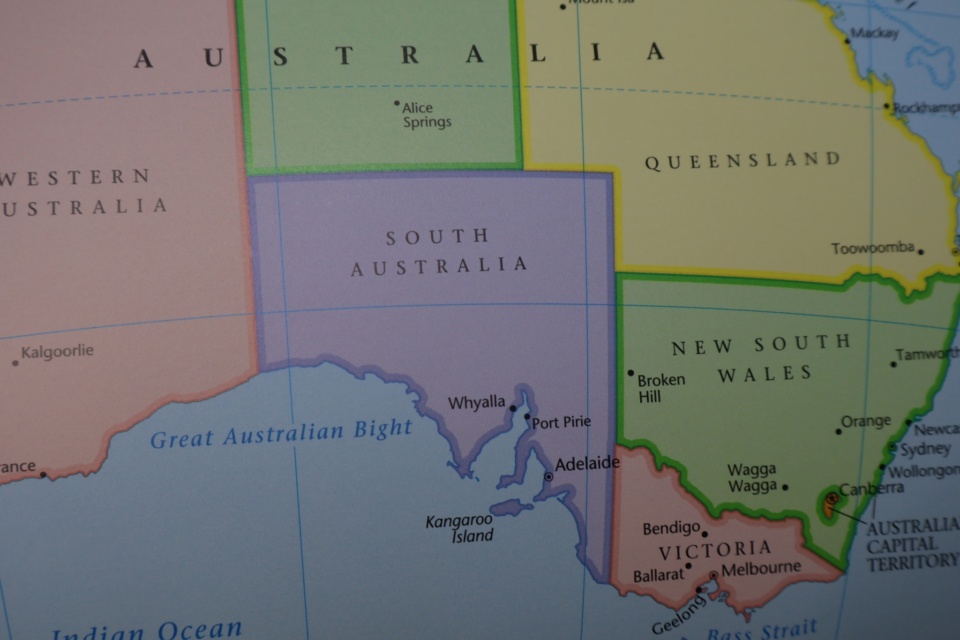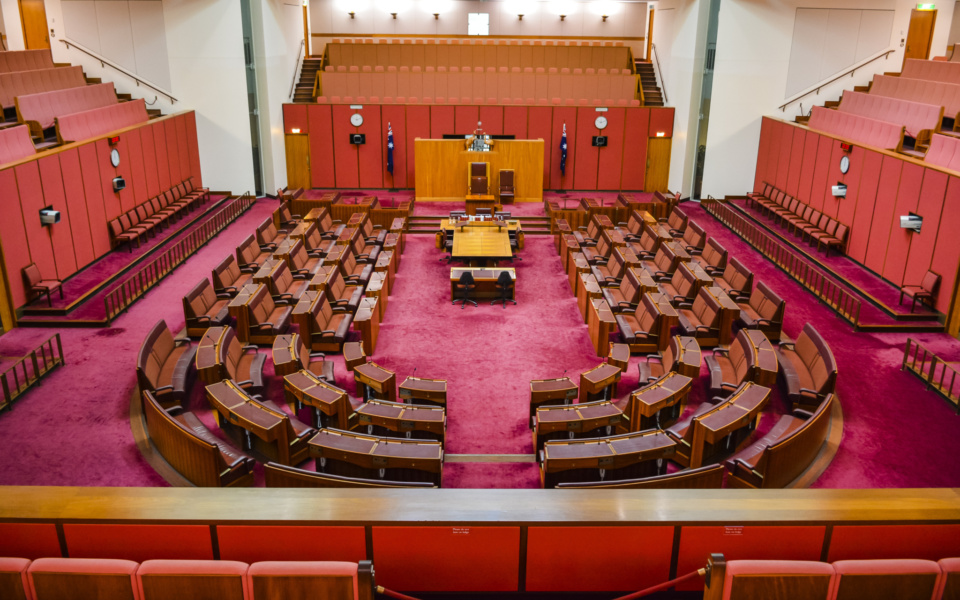
Why Australia’s community organisations need a new governance model
Posted on 25 Feb 2026
Australia’s community organisations are quietly holding society together. From local sporting clubs…
Posted on 04 Sep 2023
By Greg Thom, journalist, Institute of Community Directors Australia

The charities regulator has updated its guidelines around the contentious definition of Public Benefit Institution (PBI) status for charities.
The new Commissioners Interpretation Statement (CIS) on PBI is the first time the advice has been updated since 2016 and aims to clarify differing opinions on what qualifies charities to claim PBI status.
It comes as the ACNC is currently embroiled in a legal battle with Equality Australia, which is fighting the rejection of its application to be registered under the PBI sub-category, which allows registered charities to claim certain tax concessions.
They may also be eligible to be endorsed as a deductible gift recipient (DGR) by the Australian Taxation Office, allowing them to receive donations that are tax deductible from a donors income tax.
At the heart of the legal dispute are questions around whether advocacy body Equality Australia is entitled to be registered under the PBI charity sub-category as an organisation providing ‘relief of distress’ and whether members of the LGBTIQ+ community are persons in need of ‘benevolence.’
The ACNC argued in the Administrative Appeals Tribunal (AAT) that the activities of Equality Australia were conducted to achieve changes to laws and government policies that apply to all LGBTIQ+ people.
The regulator said this did not constitute the direct and immediate relief to people suffering poverty, sickness, destitution, helplessness, misfortune, or distress which is required for an entity to be a PBI.
The ACNC also believed that Equality Australia’s political advocacy and lobbying activities disqualified it from being a PBI.
The AAT ruled in the ACNC’s favour on the issue, but Equality Australia have appealed the matter to the Federal Court.
An ACNC spokesperson said the changes to the PBI guidance were made following close analysis of the current law and after broad consultation.
“For greater clarity, we have also amended the way concepts are set out and have included some useful examples.”
The ACNC said a Compendium of Issues can be downloaded at the bottom of the Commissioner's Interpretation Statement: Public Benevolent Institutions which provides guidance on the key changes.
Bridgid Cowling, special counsel with law firm Arnold Bloch Leibler and a specialist on issues relating to charities and NFPs, said Commissioner’s Interpretation Statements are important tools for the sector.
“The re-drafted CIS uses language that is true to, and consistent with, case authority, no longer referring to confusing concepts such as “main purpose of benevolent relief” and a “clear-mechanisms test,” she said.
“As charities work to address unprecedented need on a national and global scale it is positive that the Commissioner has again committed, in this CIS, to not applying past judicial statements mechanically and recognises how PBIs provide relief will change over time.”
“As charities work to address unprecedented need on a national and global scale it is positive that the Commissioner has again committed, in this CIS, to not applying past judicial statements mechanically and recognises that how PBIs provide relief will change over time.”
The Community Advocate asked Ms Cowling to explain the eight key changes to interpreting PBI status contained in the updated Commissioners Interpretation Statement in more detail.
"Overall, the redrafted CIS: PBI is more clearly drafted than its predecessor, easier to follow, and generally provides very useful guidance to the sector with clear examples and references to case law."
"One big and very welcome change is the removal of any reference to a PBI having a “main purpose of benevolent relief.”
"Throughout the years’ long consultation process on updating the CIS: PBI the sector has requested many times that the Commissioner instead use language that is true to, and consistent with, case authority.
"The redrafted CIS: PBI does this, providing much needed clarity for the sector."
"Similarly, the Commissioner has removed any reference to “minor purpose.
"The new CIS clearly recognises that PBIs provide benevolent relief by pursuing one of more charitable purposes and explains how and why a PBI can be registered in multiple sub-types.
"This is a change from the previous CIS which was inconsistent and unclear in relation to how a PBI could pursue multiple charitable purposes and be registered in multiple subtypes."
"The redrafted CIS provides clear and useful statements about the interaction between overseas aid work and the work of a PBI and in particular recognises that development activities such as waste collection, construction and maintenance of roads and public spaces, and installation and maintenance of utilities is likely to be benevolent relief."
"The majority of the (Administrative Appeals) Tribunal in the recent decision of Equality Australia referred to a “sufficiency of connection” requirement which has been picked up in the CIS: PBI.
[Sufficiency of connection relates to an organisation’s activities and the benevolent ends it pursues].
"This test is a development from the decision of Thawley J in Australians for Indigenous Constitutional Recognition Ltd v Commissioner of the Australian Charities and Not-for-profits Commission [2021] FCA 435, at [26] and the concept of a spectrum of activities leaving it possible that the activities of an applicant will be such that it is not possible to say the entity is ‘organised’ for, or ‘concerned in’ or ‘promoting’ the relief of poverty etc in Global Citizen.
"This “sufficiency of connection” requirement has replaced any reference to the “clear mechanisms requirement” in the previous CIS: PBI which had no basis in the case law.
"It is a positive development to see the clear mechanisms test removed. With the Equality Australia decision going on appeal this is very much a 'watch this space.'"
"The CIS has explained the ACNC’s position on PBIs and advocacy by reference to two recent AAT decisions.
"It is uncontroversial, as reflected in the decision in Global Citizen, and reflected in the CIS: PBI, that advocacy is a legitimate tool for PBIs.
"The decision in Equality Australia was that there was not a sufficiency of connection between the activities of education and campaigning directed towards changing laws and social practices that cause harm to LGBTIQ+ people, and relief to LGBTIQ+ people.
"This Commissioner has repeated this in the CIS: PBI and reinforced it with examples 1 and 7. Again, the Equality Australia case has been appealed so we will need to carefully watch this space."
"The redrafted CIS provides clear guidance on the meaning of an “institution” which picks up on nuance in the case law that was left out of the earlier statement."
"The compendium [which provides responses to feedback received in relation to the ACNC's public consultation] is a very useful document - the Commissioner is to be commended for adopting this format with the recent [Health Promotion Charities] HPC CIS and now the PBI CIS."

Posted on 25 Feb 2026
Australia’s community organisations are quietly holding society together. From local sporting clubs…

Posted on 25 Feb 2026
Writing communications for donors, stakeholders, regulators and the public can be a relentless task…

Posted on 25 Feb 2026
A Victorian suburb's hot debate about whether trains should live underground or in the sky ended…

Posted on 25 Feb 2026
Three years after the federal government announced that national fundraising principles would be…

Posted on 25 Feb 2026
Author Andy Griffiths has spent 30 years bringing “punk rock” to children’s books, making kids…

Posted on 25 Feb 2026
Senator Dean Smith is back as shadow minister for charities, and he’s told the Community Advocate…

Posted on 18 Feb 2026
Around 50 per cent of all funding for charities in Australia comes from government. The nature of…

Posted on 18 Feb 2026
You wouldn’t try to fix a complex system with one tool. You’d widen the toolkit, improve the…

Posted on 18 Feb 2026
Australia’s champion laundry van charity, Orange Sky, has announced it is ready to expand into…

Posted on 18 Feb 2026
To have any hope of hitting the grand plan of doubling philanthropy by 2030, Australia needs one…

Posted on 18 Feb 2026
When Nyiyaparli woman Jahna Cedar travels to New York next month as part of the Australian…

Posted on 17 Feb 2026
This is the full academic version of Dr Oksana King's thoughts on the need to better compensate and…